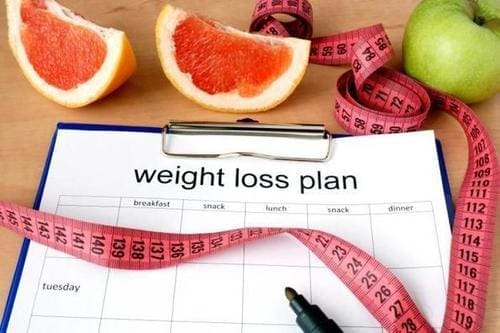Vibration Exercise: Innovative Workout
For years, companies have been hawking vibration as a form of exercise—from those fat-jiggling waist belts in the ’80s to the vibrating platforms found in many gyms today. Now, a new study in mice suggests there might be some truth to the idea that a vibrating machine may be able to deliver some of the same benefits as actual physical activity.
The new research, published in the journal Endocrinology, found that mice with diabetes and obesity had similar improvements in muscle mass and insulin sensitivity over 12 weeks when they were assigned to either 45 minutes of daily treadmill walking or 20 minutes of daily whole-body vibration. Both groups gained less weight and improved more in overall health than sedentary mice that received neither intervention.
Whole-body vibration consists of a person (or, in the study’s case, a mouse) sitting, standing or lying on a platform. The platform’s vibrations send tiny shockwaves through the body, causing muscles to contract and relax multiple times per second.
The obese mice in the study also had low bone density, a common side effect of excess weight in both animals and humans. While treadmill exercise did improve this measure over 12 weeks, the vibration technique did not. Both interventions did, however, increase levels of a protein involved in bone formation, suggesting that longer-term treatments could potentially help prevent future bone loss.
Vibration is not a cure-all for the problems associated with sedentary life, say the study authors, and results seen in mice don’t necessarily translate to humans. Before vibration-based treatments can be widely recommended, these results would need to be replicated in clinical trials. (A 2009 study found that vibration platforms helped obese people lose body fat, but other metabolic benefits have been less studied in people.)
Vibration machines have been used for many years as a form of exercise to help with weight loss. Although not enough research studies demonstrated their effects, new evidence has found that whole body vibrations can actually help reduce excess weight. For more information, please feel free to ask Dr. Jimenez or contact us at (915) 850-0900.
Post Disclaimer *
Professional Scope of Practice *
The information herein on "Vibration Exercise: Innovative Workout" is not intended to replace a one-on-one relationship with a qualified health care professional or licensed physician and is not medical advice. We encourage you to make healthcare decisions based on your research and partnership with a qualified healthcare professional.
Blog Information & Scope Discussions
Our information scope is limited to Chiropractic, musculoskeletal, physical medicines, wellness, contributing etiological viscerosomatic disturbances within clinical presentations, associated somatovisceral reflex clinical dynamics, subluxation complexes, sensitive health issues, and/or functional medicine articles, topics, and discussions.
We provide and present clinical collaboration with specialists from various disciplines. Each specialist is governed by their professional scope of practice and their jurisdiction of licensure. We use functional health & wellness protocols to treat and support care for the injuries or disorders of the musculoskeletal system.
Our videos, posts, topics, subjects, and insights cover clinical matters, issues, and topics that relate to and directly or indirectly support our clinical scope of practice.*
Our office has reasonably attempted to provide supportive citations and has identified the relevant research study or studies supporting our posts. We provide copies of supporting research studies available to regulatory boards and the public upon request.
We understand that we cover matters that require an additional explanation of how it may assist in a particular care plan or treatment protocol; therefore, to further discuss the subject matter above, please feel free to ask Dr. Alex Jimenez, DC, or contact us at 915-850-0900.
We are here to help you and your family.
Blessings
Dr. Alex Jimenez DC, MSACP, RN*, CCST, IFMCP*, CIFM*, ATN*
email: coach@elpasofunctionalmedicine.com
Licensed as a Doctor of Chiropractic (DC) in Texas & New Mexico*
Texas DC License # TX5807, New Mexico DC License # NM-DC2182
Licensed as a Registered Nurse (RN*) in Florida
Florida License RN License # RN9617241 (Control No. 3558029)
Compact Status: Multi-State License: Authorized to Practice in 40 States*
Presently Matriculated: ICHS: MSN* FNP (Family Nurse Practitioner Program)
Dr. Alex Jimenez DC, MSACP, RN* CIFM*, IFMCP*, ATN*, CCST
My Digital Business Card




